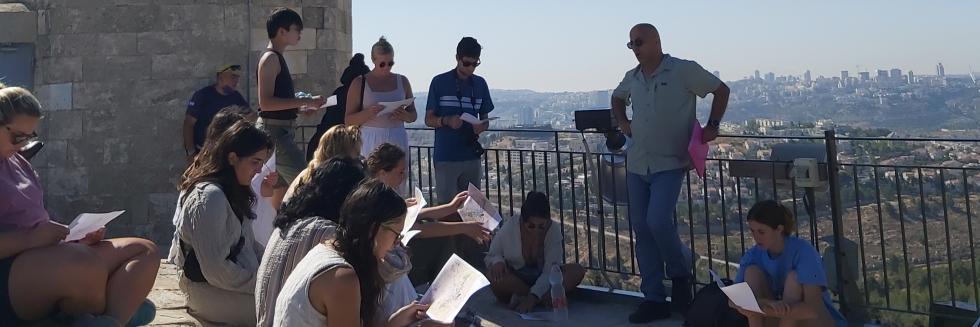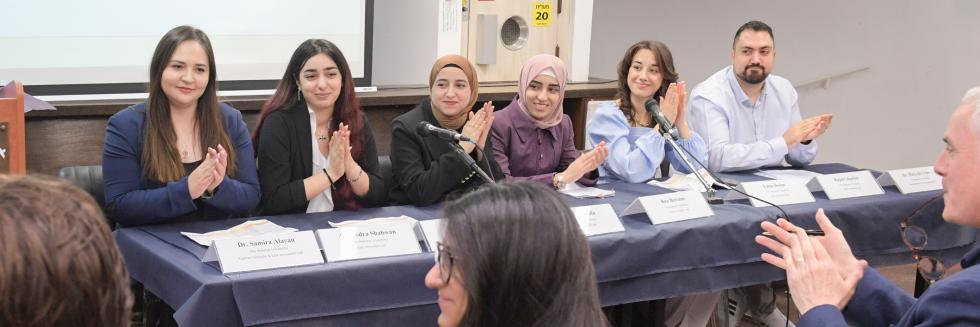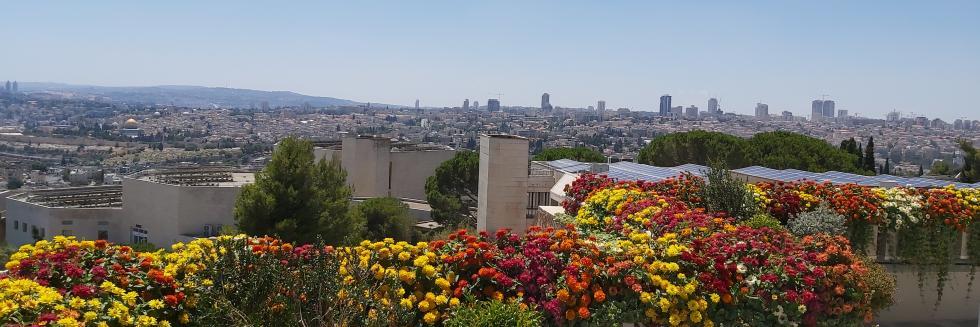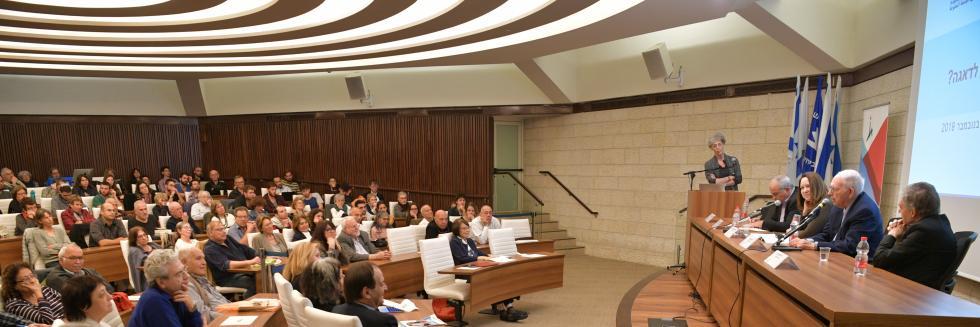Dr. Silvina Schammah-Gesser
Areas of Expertise: Visual culture of civil wars, Ethnic minorities and national identity in Latin America, Cultural production of Arab migrants to Latin America, Jewish narratives and Jewish presence in the Iberian Pensinsula

Research Abstract
"Citizenship and Modes of Incorporation into the Argentine Political Scene among Descendants of Middle-Eastern Immigrants of Different Faiths 1973-2007"
This is a comparative analysis that focuses on Argentine descendants of Middle-Eastern migrants of different faiths in Argentina, and of their modes of incorporation into the national political scene from the return of Peronism to power, through the military dictatorship, to the restoration of democracy and the administration of N. Kirchner. This periodization reflects the persistence of the Peronist movement in Argentine history and politics and its impact on the articulation of the meanings of citizenship and of Argentine national identity, from the mid-twentieth century onwards.
The study will thus explore the ways in which the civic discourses, political practices and cultural activism of Muslims, Arab Christians and Jews, whose ethnic communities had previously been perceived as alien, inferior and even undesirable, have turned them into an integral part of Argentine society. Hence this study traces the transformations of Argentine national identity, of argentinidad, as a space that incorporates encounters and interaction but also of conflict and contestation among the descendants of Arab Christian, Muslim and Jewish immigrants.
Assuming that heterogeneous ethnic, social and cultural components of identity are negotiated and redefined according to context and to different processes experienced at both national and international levels, this study looks at how these groups relate to one another in changing and diverse socio-political, cultural and economic environments. Their points of affinity and tension will be analyzed against the debate over the melting-pot model versuspluralismo policies implemented by the State, the processes of emergent Arab and Jewish ethnicity as well as disaffiliation with community institutions and beliefs, and the cloud of the Israeli-Palestinian conflict and the increasing presence and globalization of Islam abroad as well as the impact of the terrorist attacks to the Israel Embassy (1992) and the Jewish Mutual Association AMIA (1994) at home.
Through an integrated analysis of political documents, institutional and personal archives, community and national newspapers, testimonies and systematic interviews, this study will attempt to shed light on these groups' values, attitudes, ideological preferences and forms of political participation and mobilization, and contribute to the debate on ethnicity, national identity, citizenship regimes and political culture in Argentina.





